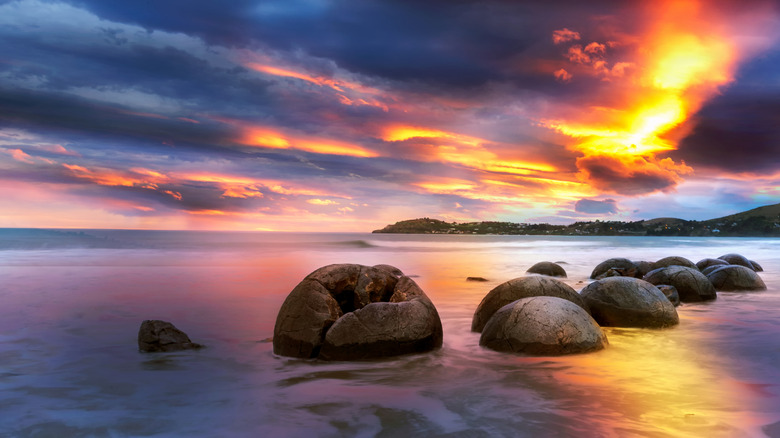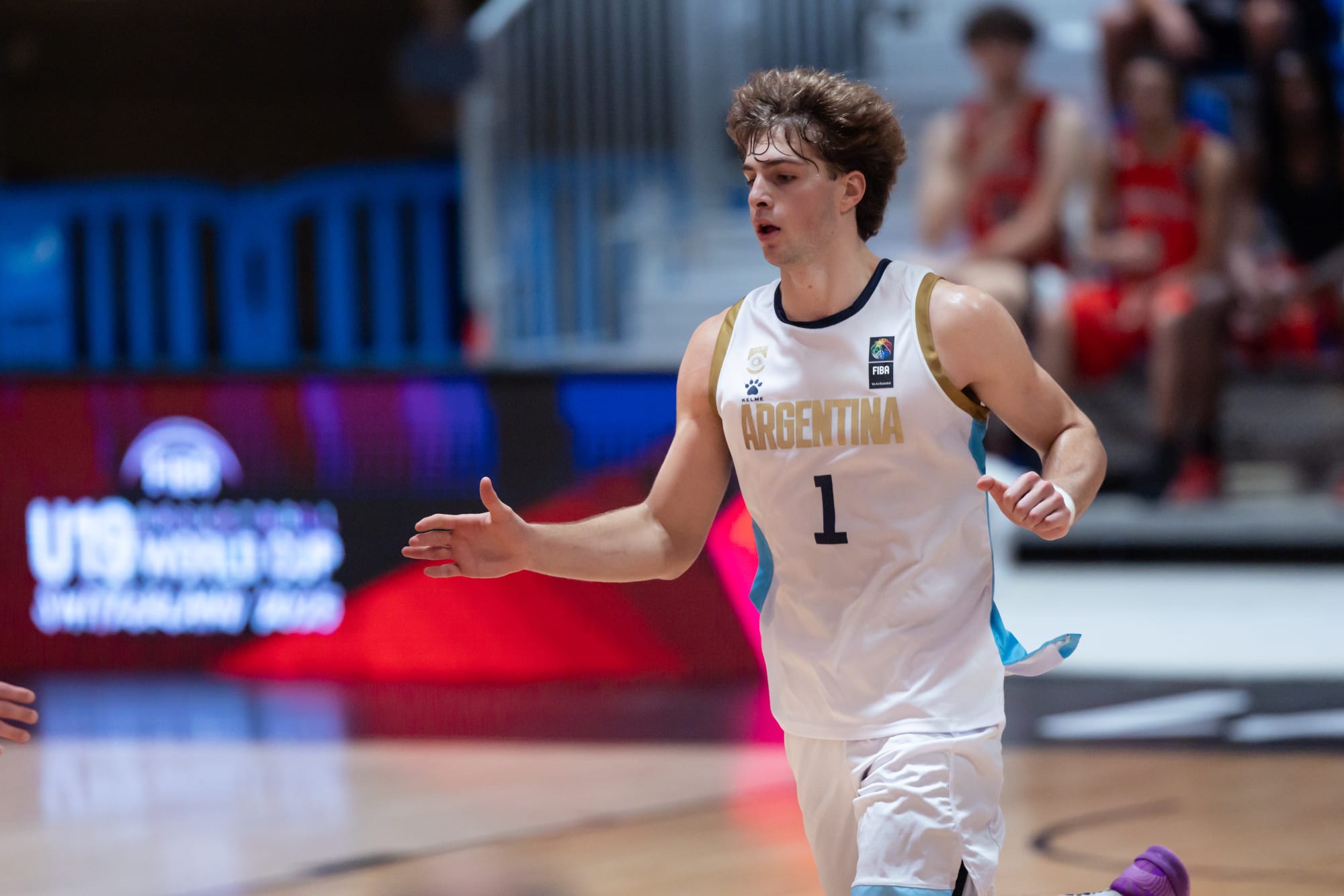Tauranga Charity Supporting Young Carers
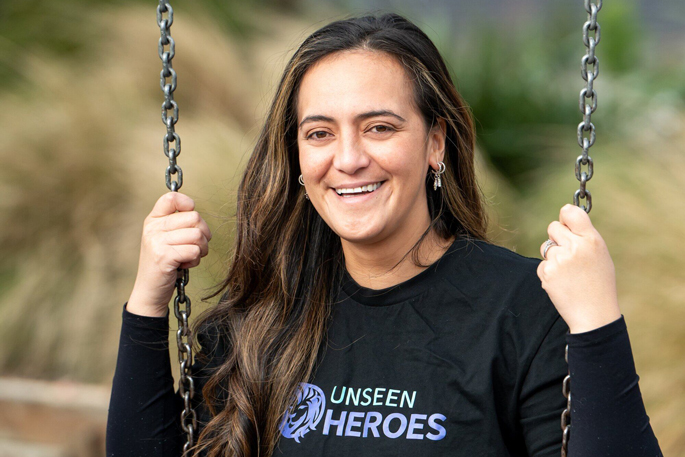
In New Zealand, a significant and often overlooked group of young people, termed 'glass children,' are now finding crucial support through Unseen Heroes, the nation's sole organization dedicated to specialized assistance for young carers. This term, coined by Unseen Heroes co-founder and managing director Te Rina Ruru-Pelasio, refers to individuals aged 7-24 who bear the weighty responsibility of caring for younger siblings, grandparents, or loved ones grappling with disabilities, illnesses, mental health issues, or addictions. Ruru-Pelasio estimates over 40,000 young carers in New Zealand aged 15-24, a figure that doesn't even encompass those supporting family members with addictions or mental illnesses, or caring for grandparents and younger siblings.
Young carers are dubbed 'glass children' because they are frequently overlooked, with all focus directed towards the person needing support. However, Unseen Heroes champions these individuals as 'invisible heroes' who give immensely, often at the detriment of their own well-being. Caring responsibilities manifest differently across families; for many young carers, it means consistently prioritizing others' needs over their own. This can involve an arduous balancing act of school, work, and personal life, all while shouldering the heavy burdens of responsibility, worry, and exhaustion. These young individuals often attempt to avoid burdening their parents, taking on roles such as medication management, navigating health services, or stepping up to care for younger siblings, including getting them to and from school and assisting with homework.
To address these profound challenges, Unseen Heroes offers a free, six-month program called Te Ara Mārama, specifically designed for young carers aged 12-24 who feel lost, are struggling with their mental health, or find it difficult to remain in school or keep up with their studies. A startling statistic revealed by Ruru-Pelasio is that more than 80% of the young people her organization has worked with have experienced suicidal ideations. Many feel immense guilt for these feelings, often refraining from opening up or discussing their struggles with anyone.
Te Rina Ruru-Pelasio's own lived experience as a former carer deeply informed her decision to co-found Unseen Heroes. At 16, her older brother sustained a severe traumatic brain injury from a car accident, leading her, her mother, and sister to become his primary caregivers, requiring 24-hour care. This role profoundly impacted her mental health, leading to self-harm and suicidal thoughts, all while maintaining a deceptive smile. She resorted to drugs and alcohol to numb her feelings, feeling she had no right to express her pain and guilt about wanting a normal childhood like her friends. This led to a spiraling decline. Traditional counseling services failed to understand her unique struggles. It wasn't until she met her co-founder, Char Rain—who also has lived experience—that Ruru-Pelasio felt safe enough to truly open up. Rain provided her with essential tools to develop self-love and self-worth, enabling her to navigate her feelings around caring while still being supported.
The Te Ara Mārama program embodies this comprehensive approach. It begins with annual camps, originally known as Camp Unity, where up to 25 young carers can enroll to simply have fun, engage in adventure activities, and connect with peers who share similar experiences. As their mental health improves, the program transitions into weekly Zoom sessions, lasting 30 minutes to an hour. During these sessions, participants learn vital tools to manage anxiety, depression, and addictions, alongside cultivating self-love, self-worth, and self-care practices.
The program also incorporates an aspirational component. Volunteer tutors are recruited and paired with young carers, many of whom are falling behind in school due to missed classes or attendance issues, leading to feelings of failure. Tutors ensure these young people can catch up on their schoolwork, preventing academic setbacks from becoming barriers to their future dreams. Beyond academic support, Unseen Heroes aims to help these youth envision futures beyond their caregiving roles by facilitating work opportunities and experiences. One recent example includes a carer spending a day shadowing a vet nurse at Auckland Zoo, introducing them to a broader world of possibilities. Unseen Heroes is hosting an upcoming Bay of Plenty camp from July 25-27 at Tui Ridge Park, Rotorua, for children aged 13-24. More information and enrollment details can be found at www.unseenheroes.org.nz or by emailing [email protected].
You may also like...
Therapy in Africa: A Trending Lifestyle or a Cultural Necessity?
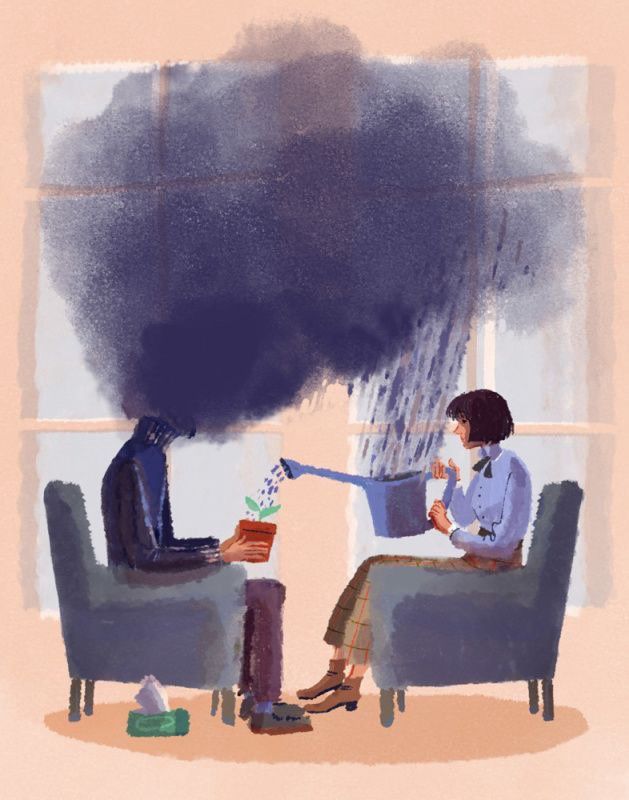
Therapy is rising in African spaces—but is it a trend or a true cultural shift? This article explores how African youth ...
The Real Cost of Political Apathy: Why Choosing Silence Is Still a Choice
.jpeg)
Apathy is silently eroding African democracies. This powerful article explores why youth political disengagement isn't n...
Tech But No Touch: Is AI Disrupting Human Intimacy?
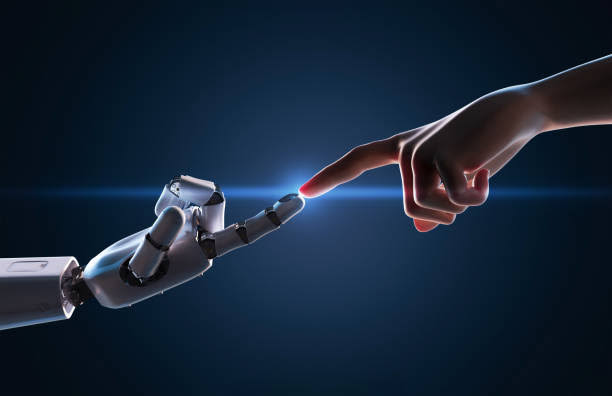
As AI weaves deeper into our emotional and romantic lives—from dating apps to virtual companions—this article explores h...
Social Media Activism: Real Change or Just Noise?
.jpeg)
From #EndSARS to #MeToo, hashtags have raised awareness—but is digital protest enough? This article explores the power a...
Can African Men Be Pretty Too?
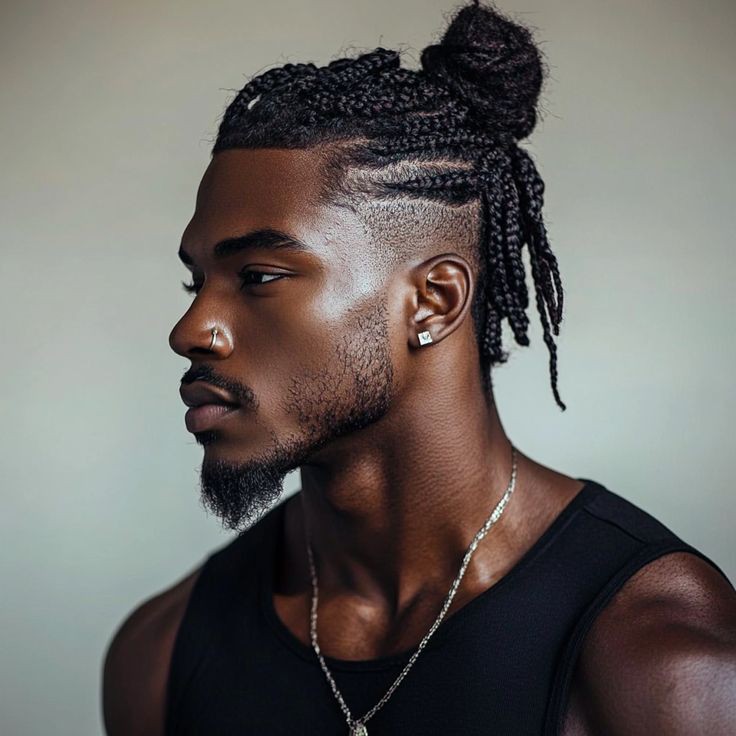
Can African men be pretty without judgment? This bold essay challenges rigid gender norms, celebrating the quiet rebelli...
The Mind Forgers: Is Social Media Building Echo Chambers That Break Our Reality?
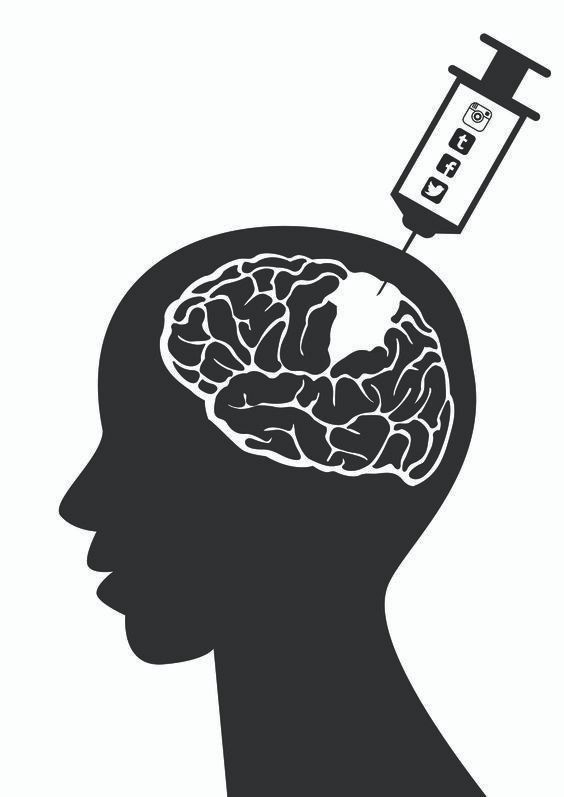
Do social media echo chambers break our reality? Explore how algorithms program minds, fuel polarization, erode critical...
Is Democracy Working for the Average African Youth?
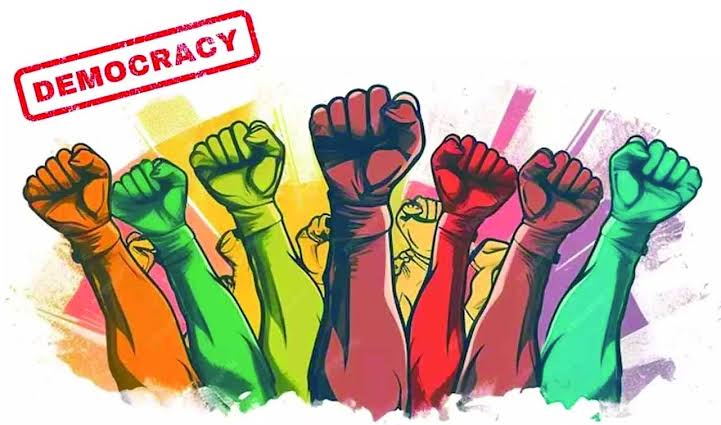
Despite regular elections and democratic systems, many African youth feel excluded from real change. This article examin...
Why Sleep is the New Flex Among Burnt-Out Youth
.jpeg)
Across African cities, a new generation is rejecting burnout and embracing sleep as the ultimate form of self-care and...

